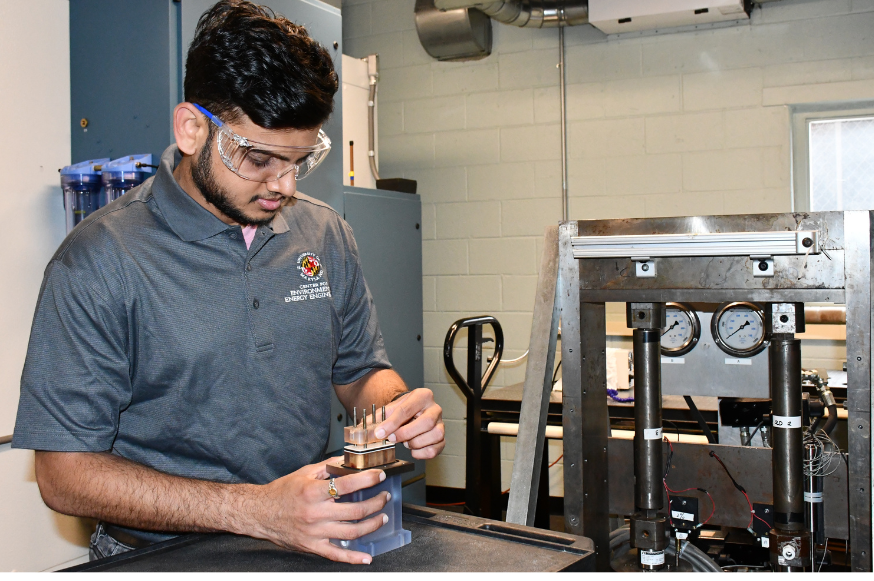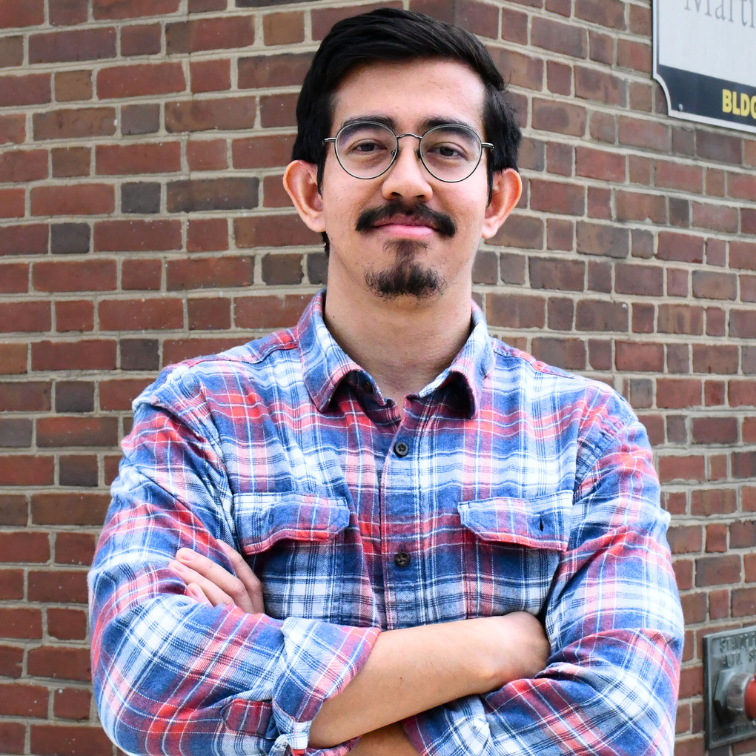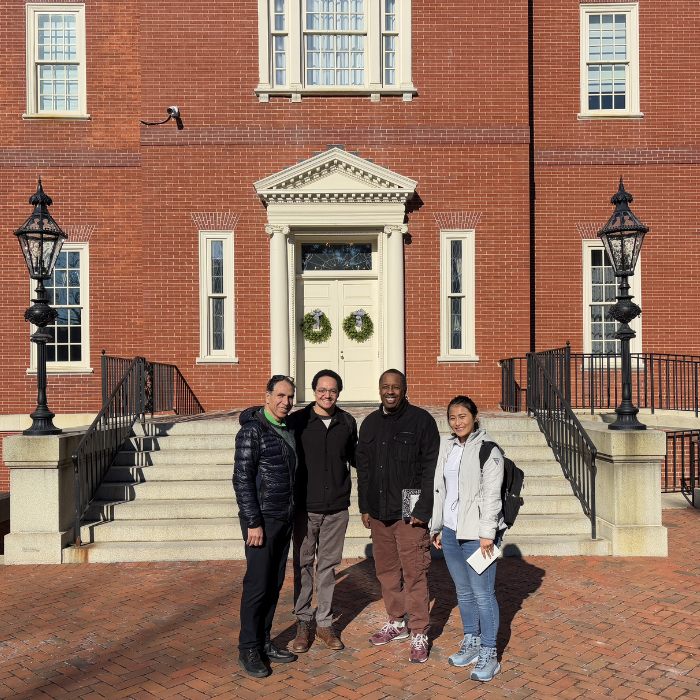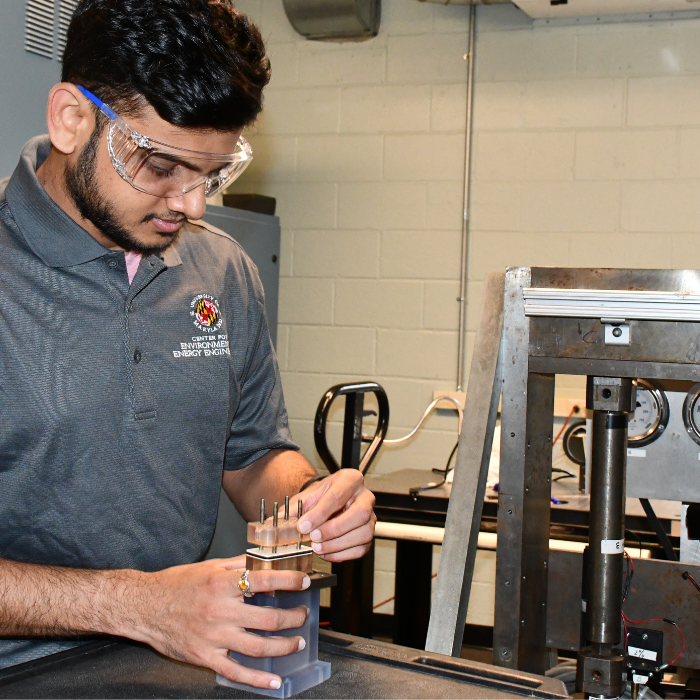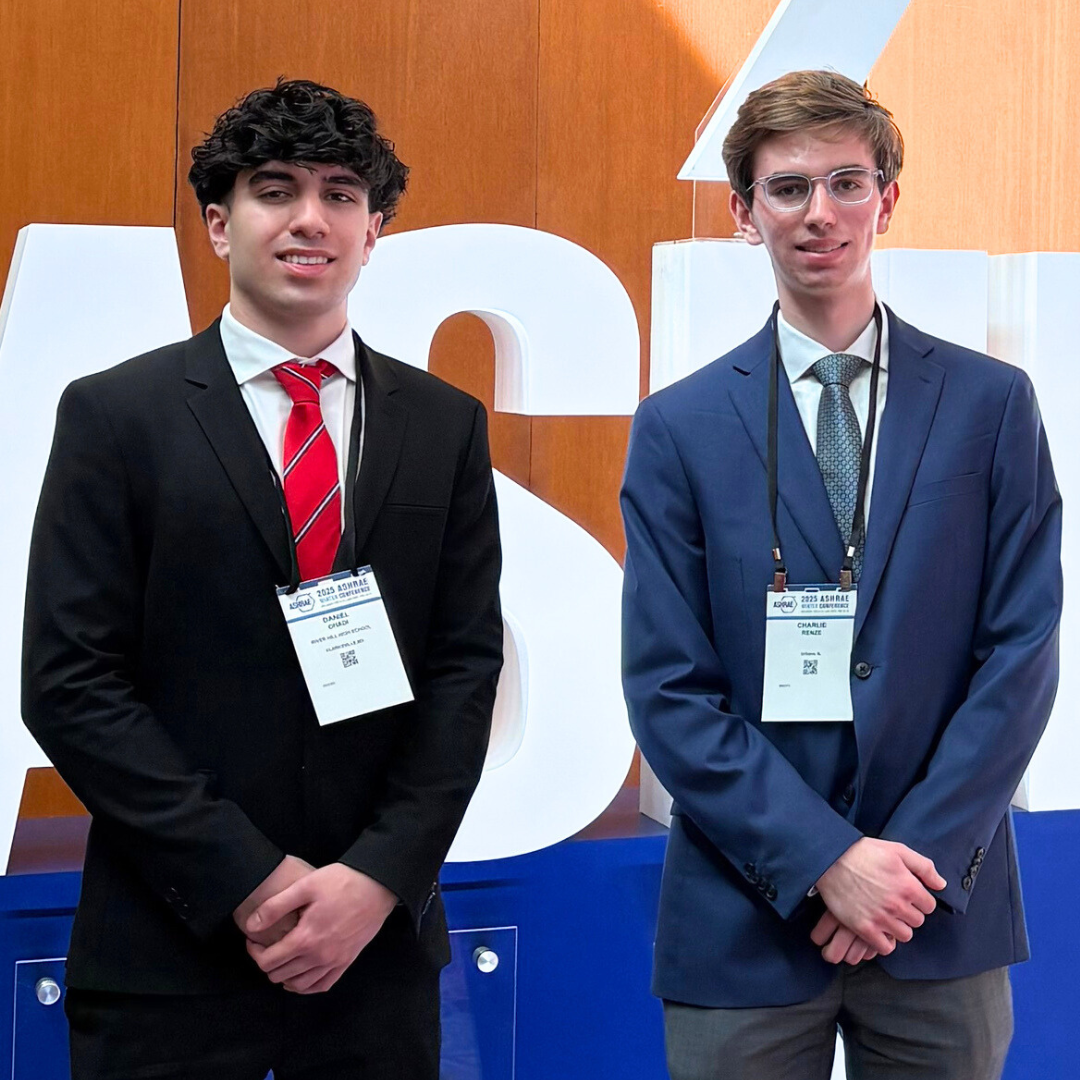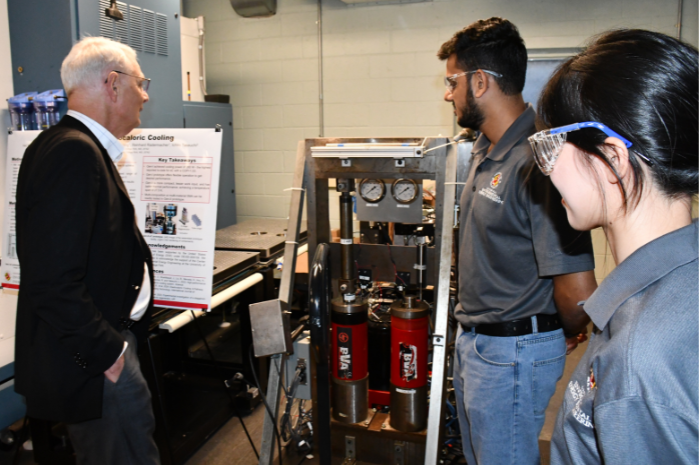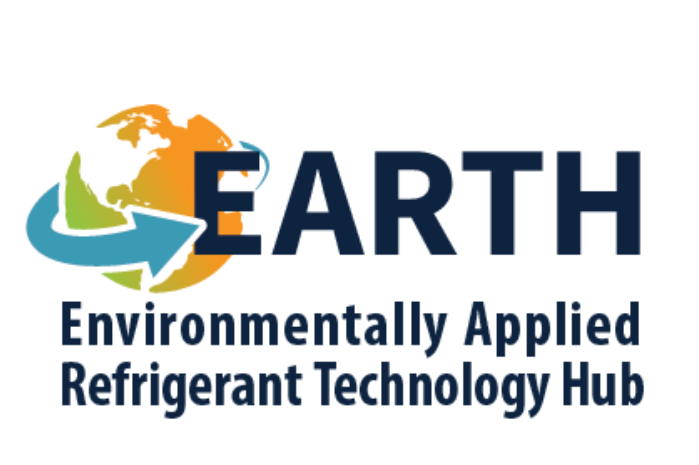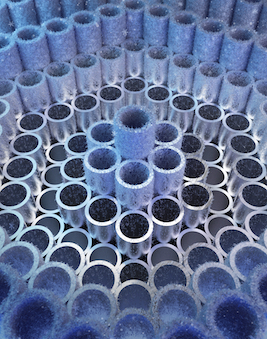News Story
Join Us for a Tour of UMD's Energy Engineering Labs
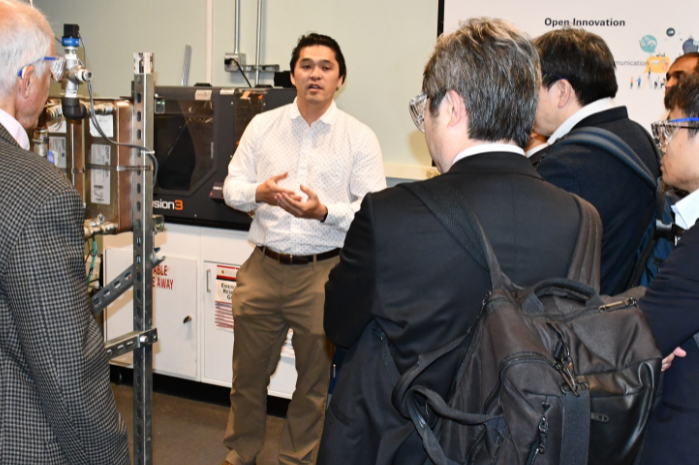
The Daikin Energy Innovation Laboratory is one of four engineering labs featured on the tour.
Attendees of the 7th IIR Conference on Thermophysical Properties and Transfer Processes of Refrigerants, June 15-18 in College Park, Maryland, are invited to tour the University of Maryland’s state-of-the-art engineering labs, where researchers are developing the next generation of eco-friendly heating, ventilation, air conditioning and refrigeration technologies.
The lab tour will be Monday, June 16, 3:00–5:00 p.m. Participants will visit four laboratories at the A. James Clark School of Engineering at the University of Maryland:
Daikin Energy Innovation Laboratory. The Daikin Energy Innovation Laboratory is a 3,600 square foot state-of-the-art facility that features the latest equipment for energy engineering, including flame resistant climate chambers, heat transfer measurement technologies and facilities for experimental alternative cooling technologies. See where our researchers are developing elastocaloric cooling devices that offer a solid-state alternative to vapor-compression technology by using shape memory alloys as refrigerants. The lab is run by the university’s Center for Environmental Energy Engineering (CEEE).
George E. Dieter, Jr. Materials Instructional Lab. At the Dieter Lab, tour attendees will learn more about the University of Maryland’s research on elastocaloric cooling, a revolutionary technology that has been shown to offer efficient cooling, with zero direct global warming potential. At the Dieter lab, researchers test the materials and components of the elastocaloric prototype devices developed in the Daikin Energy Innovation Laboratory. In addition to sample preparation (for microscopy, calorimetry, etc.), our engineers conduct a range of mechanical tests such as tension, compression, bending, torsion, fatigue, hardness and impact, using specialized instrumentation. The work is a collaboration between CEEE and the Department of Materials Science and Engineering.
The Nanoscale Energy and Interfacial Transport lab investigates heat transfer at nano, micro- and mini-scale to develop novel microfluidic two-phase cold plates, phase change materials, packaging for novel wide band gap power electronics with applications in data centers, power electronics and high frequency systems. The researchers also work extensively on developing machine learning tools for device thermal performance prediction in power electronics and thermal-fluids performance of cold plates. The lab works with both industry and government research organizations to investigate fundamental transport phenomena with the goal of development of disruptive technologies.
Smart and Small Thermal Systems Laboratory. The Smart and Small Thermal Systems (S2TS) Laboratory focuses on pioneering applications in energy conversion, heat/mass exchangers, process intensification, electronics cooling, and innovative component design and manufacturing for energy systems. The research encompasses state-of-the-art manufacturing techniques, including additive manufacturing and the application of micro- and nano-systems for process intensification and optimization. S2TS is also at the forefront of decarbonization efforts, conducting comprehensive and virtual energy audits, energy profiling and energy modeling. The lab is dedicated to developing advanced energy auditing software with machine learning capabilities for precise and efficient energy and carbon assessments and compliance projections. S2TS is home to CEEE’s Advanced Heat Exchangers and Process Intensification industrial consortium and is also affiliated with the UMD’s Center for Advanced Life Cycle Engineering.
For more information about the 7th IIR Conference on Thermophysical Properties and Transfer Processes of Refrigerants, click here.
Published May 15, 2025
